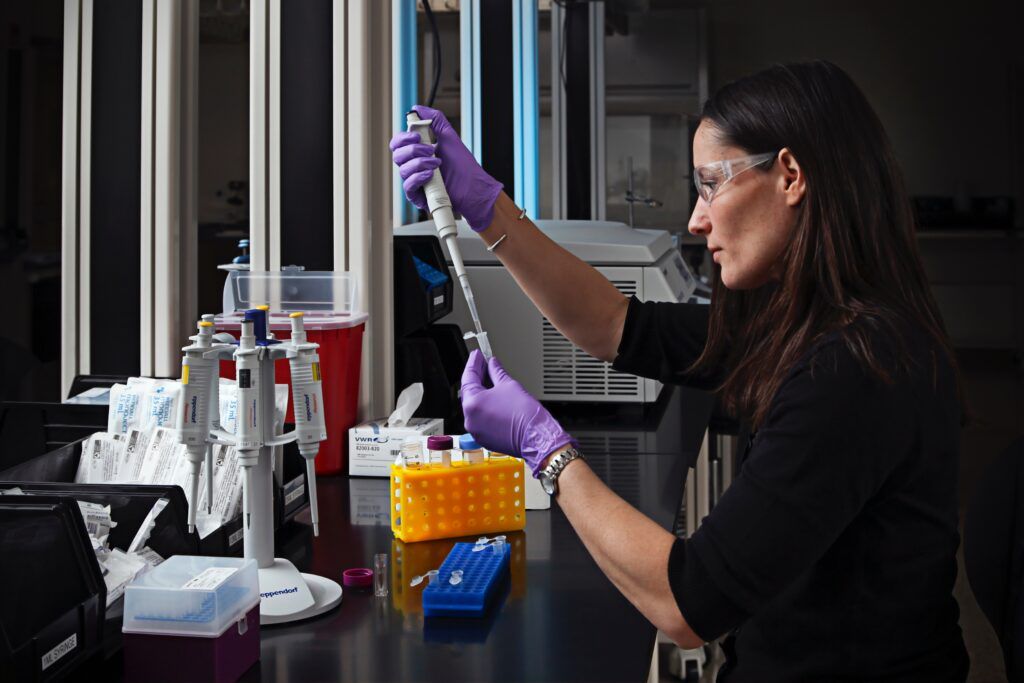Expected Outcome:
Projects’ results are expected to contribute to some or all of the following outcomes:
- Use of modern, robust, validated, easy-to-use and reliable biometric technologies by forensic institutes and security practitioners, notably Police Authorities, improving European investigation capabilities to fight terrorism and other forms of serious and organised crime;
- Shorter court cases due to the availability of more solid (cross-border) forensic evidence that is acceptable in court;
- Policy-makers and security practitioners benefit from European common approaches for analysing risks/threats, and identifying and deploying relevant security measures while exploiting biometric information, which take into account legal and ethical rules of operation, the procedural differences in the creation of biometric information (considering the gender dimension where relevant), cost-benefit considerations, as well as fundamental rights such as privacy, protection of personal data and free movement of persons;
- Improved support to policy-making on the use of biometric technologies by forensics institutes and Police Authorities;
- Improved understanding of the capacity and usefulness of biometric technologies information in tackling terrorism and other forms of serious and organised crime, and of the key challenges related to it, such as harmonisation/standardisation of data and processes;
- Contribution to the development of European standards for the handling and processing of biometrics in the context of judicial investigation;
- Forensic practitioners active in biometrics are provided with modern education and training curricula.
Scope
Biometric technologies allow for a person to be recognised to a certain degree based on a set of features. These features can be more (e.g., fingermarks) or less (e.g., shoemarks) distinctive. In many cases, biometric technologies provide a crucial support to forensic investigation and as well as evidence in court. However, the full extent of their potential is not yet exploited. A wider use of these technologies by forensic institutes and Police Authorities in the European context and in harmonised way is needed, respecting applicable legislation and fundamental rights such as personal data protection and privacy. Thus, biometrics deserves a special innovation attention, which should include some of the following: 1) automation and scalability of the identification, identity verification, intelligence, investigation and evaluation processes; 2) robustness and validation of biometrics in forensic conditions; 3) biometric data protection and privacy; 4) harmonisation/standardisation of data and processes and conversion of existing biometric tool for use in the judicial system; 5) usage of biometrics in smartphones and other devices, including the possibility to unlock criminal’s devices using biometric data; 6) exchange of biometric data and interoperability of the systems, and risk of direct adoption of existing biometric tool for use in the judicial system.
One of the key priorities here consists in the need for forensic tools to combat organised crime and smuggling, with the aim of increasing crime investigation through more efficient detection, as well as intensifying prosecutions and convictions. The testing and/or piloting of the tools and solutions developed in a real setting with one or more Police Authorities and other relevant authorities is an asset; regardless, actions should foresee how they will facilitate the uptake, replication across setting and up-scaling of the capabilities – i.e. solutions, tools, processes et al. – to be developed by the project. Cooperation with the European Network of Forensic Science Institutes (ENFSI) is welcome. The issue of training and testing data has to be tackled as well. Thus, coordination with successful proposal in HORIZON-CL3-FCT-2021-01-04 is encouraged so as to avoid duplication and to exploit complementarities as well as opportunities for increased impact. Proposed activities that could also link with security research for border management (for example, border checks) would be an asset.
Deadline
23 November 2021







Leave a Reply